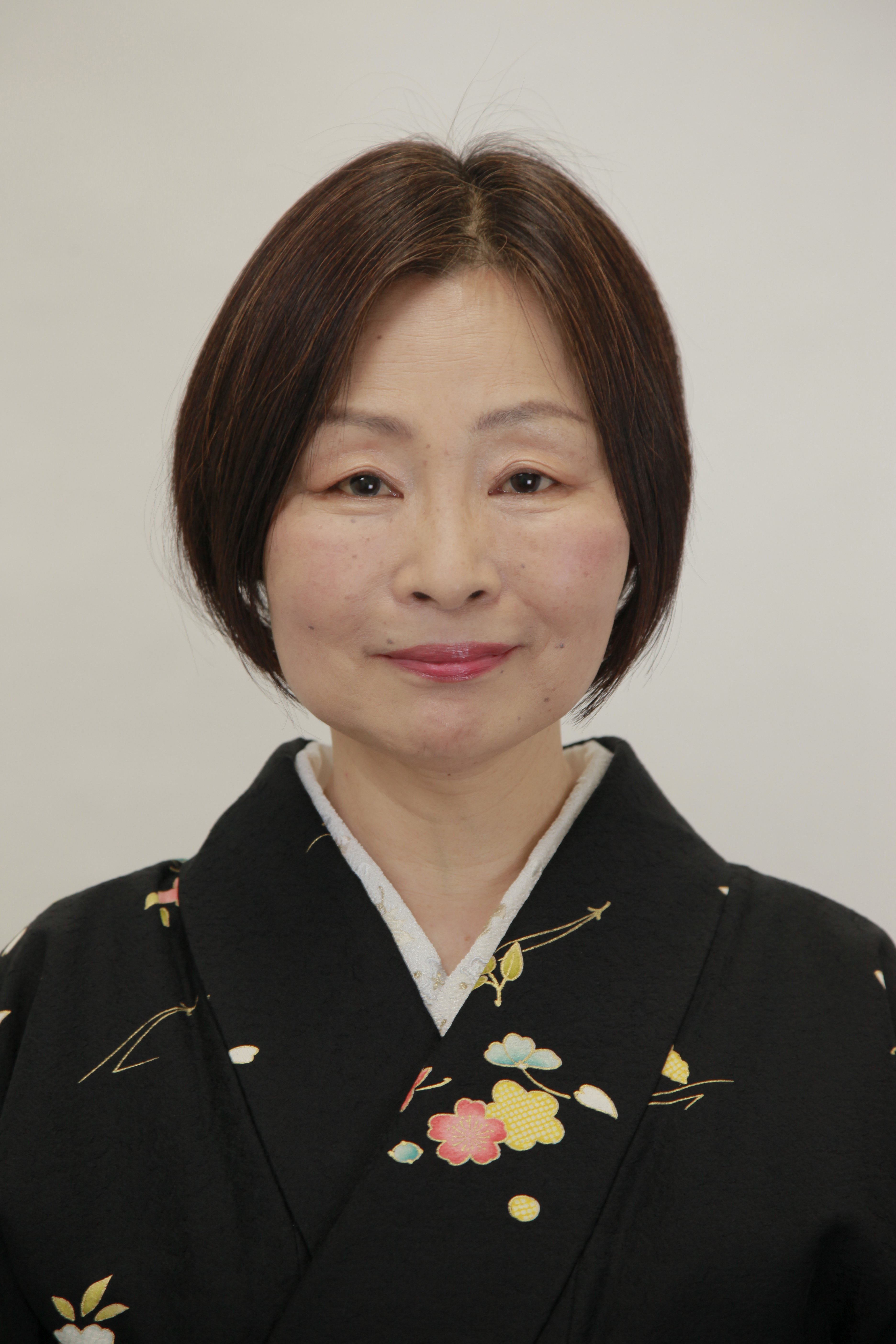Greetings from the Dean of the School of Foreign Studies

Dean of the School of Foreign Studies TSUTSUI Sayo
The history of the School of Foreign Studies dates back to 1921, when Choko Hayashi, a businesswoman in Osaka, envisioned a school in Osaka that nurtures internationally-minded individuals. With her financial support, a national educational institution, Osaka School of Foreign Languages, was established in Uehonmachi 8-chome. Initially, the school had a capacity of 200 students in each grade and taught nine major languages (Chinese, Mongolian, Malay, Indian, English, French, German, Russian, and Spanish). The school developed into Osaka College of Foreign Affairs, a foreign affairs vocational school, and then into the national Osaka University of Foreign Studies. In 1979, the university moved from the Osaka metropolitan area to Aomadani, Minoh to expand its organization, and in October 2007, it merged with Osaka University to become the current School of Foreign Studies, Osaka University.
Today, the School of Foreign Studies teaches 25 major languages (Chinese, Korean, Mongolian, Indonesian, Filipino, Thai, Vietnamese, Burmese, Hindi, Urdu, Arabic, Persian, Turkish, Swahili, Russian, Hungarian, Danish, Swedish, German, English, French, Italian, Spanish, Portuguese, and Japanese) with 580 students in each grade. It is the largest of Osaka University's schools in the humanities. In addition, as the only school of foreign studies that belongs to a national university in Japan, our school is an important feature of Osaka University.The educational principles of our school are as follows.
The principles of the School of Foreign Studies are to promote education and research in foreign languages and cultures, both in theory and in practice; to instill broad knowledge in students so that they can contribute to the global community; and to foster students' deep understanding of foreign countries through language learning.
In other words, the goal is not to learn a language as a mere communication tool, but rather to instill a comprehensive understanding from various perspectives of the language as well as the culture and society of the region where it is spoken. "Learning" at the School of Foreign Studies is a multi-disciplinary endeavor, in which the achievements of language research and area studies shaped after the humanities and social sciences are merged in "language area studies."
Our school also supports students studying abroad with not only public-sponsored exchange programs based on academic exchange agreements between universities and departments, but also by collecting and providing students with information about various privately-funded study abroad programs. Nearly 400 students each year experience studying abroad in various parts of the world in order to build upon their knowledge acquired through classes by further improving their foreign language proficiency, expanding their knowledge of foreign countries, and advancing their cross-cultural understanding.
I believe that the experience of studying abroad is a perfect opportunity to organically integrate the knowledge students have learned with their personal experiences applied with a fresh sensibility, and students' individual global awareness acquired as a result is indeed important to understand different cultures.
2021 marked the 100th anniversary of the founding of Osaka School of Foreign Languages. We will use this 100-year history as a source of nourishment to carry on the spirit of "cultivating true international citizens who possess excellent communication skills using foreign languages and understand the culture and society of the countries and regions where the languages are spoken". Looking ahead to the next 100 years, we will continue to devote ourselves to education, research, and social contribution.
In April 2021, the university's Minoh Campus was relocated to the Semba Higashi district of Minoh. Access from Osaka city is better here, and since it is located exactly between Suita Campus and Toyonaka Campus, we would like to more than ever actively engage from a global perspective as a hub of the university. In addition, we are determined to build good relationships with neighboring companies and residents through events and lectures.
Nurturing internationally-minded individuals to contribute to the global future has been our mission since Osaka School of Foreign Languages was established. I am proud that Osaka University today can draw on the experience and achievements in education that we have accumulated through our time as Osaka University of Foreign Studies. In the future, too, I hope we can continue to be a flag-bearer for cultivating internationally-minded global citizens at Osaka University.
April 1, 2024
